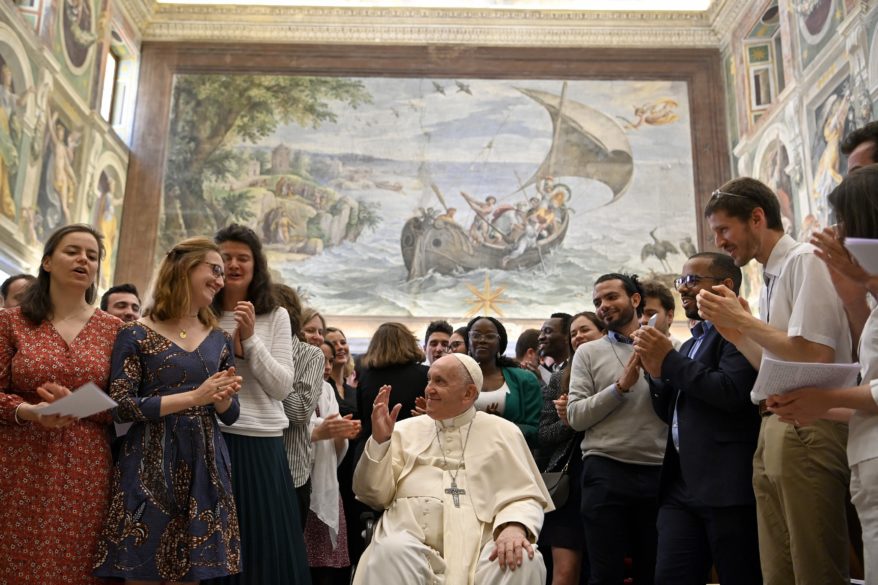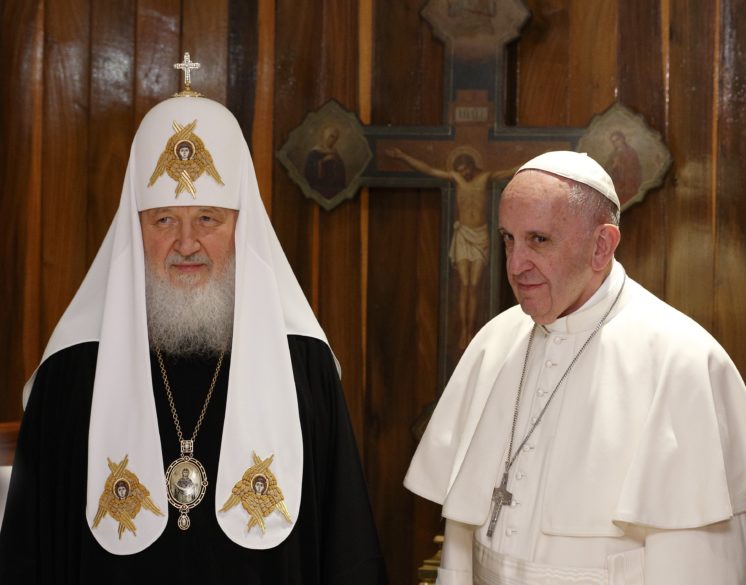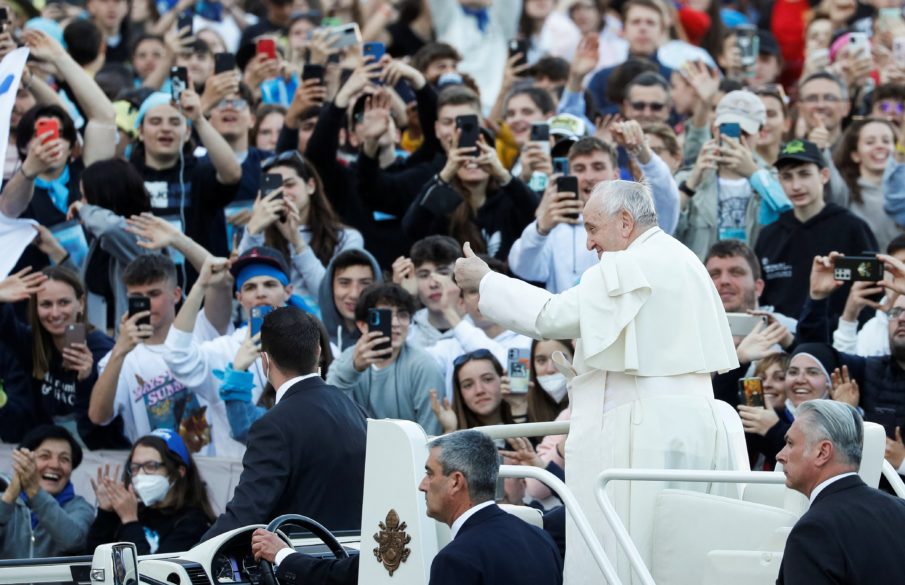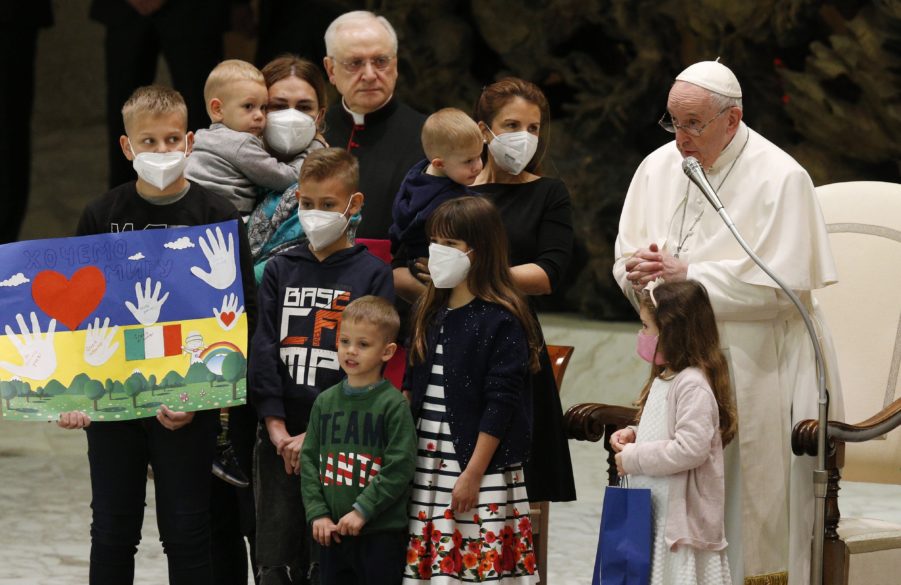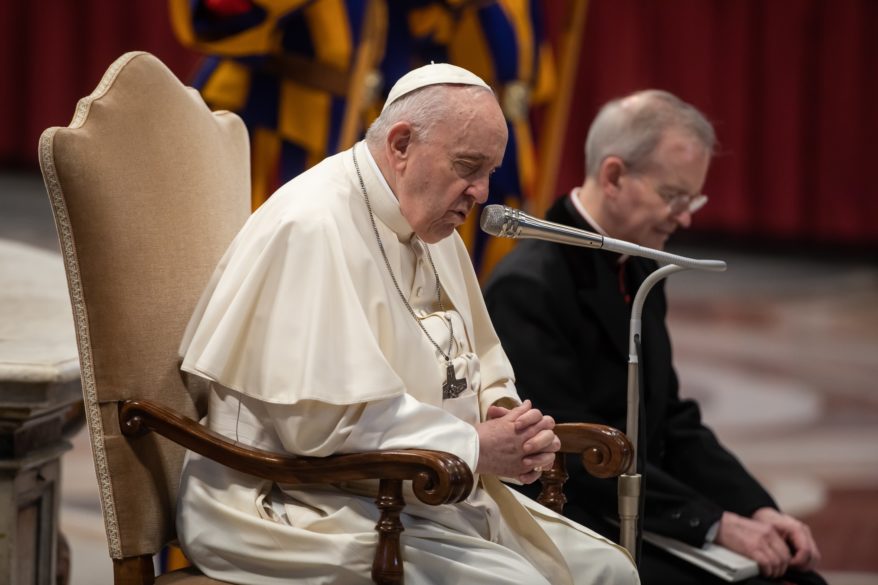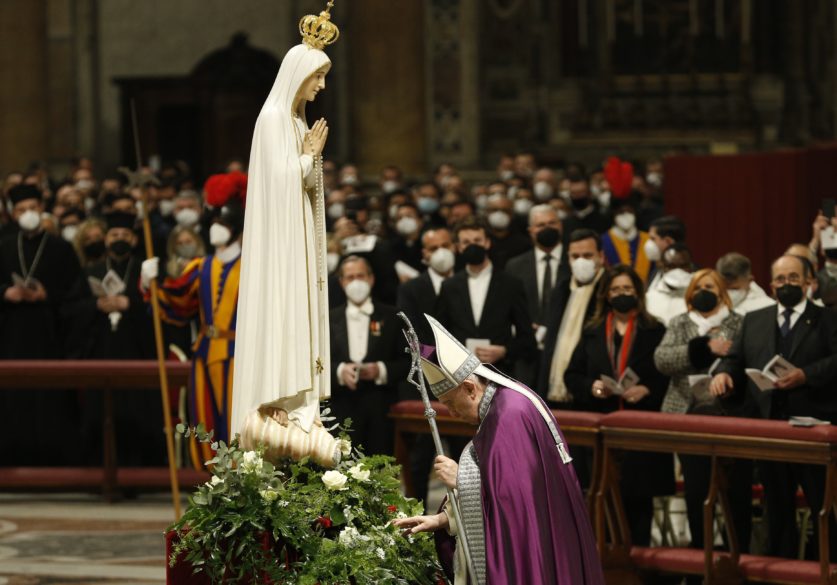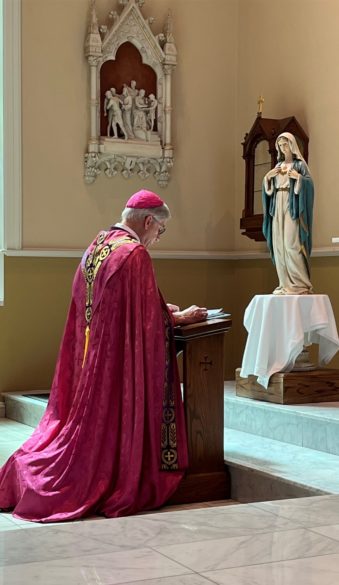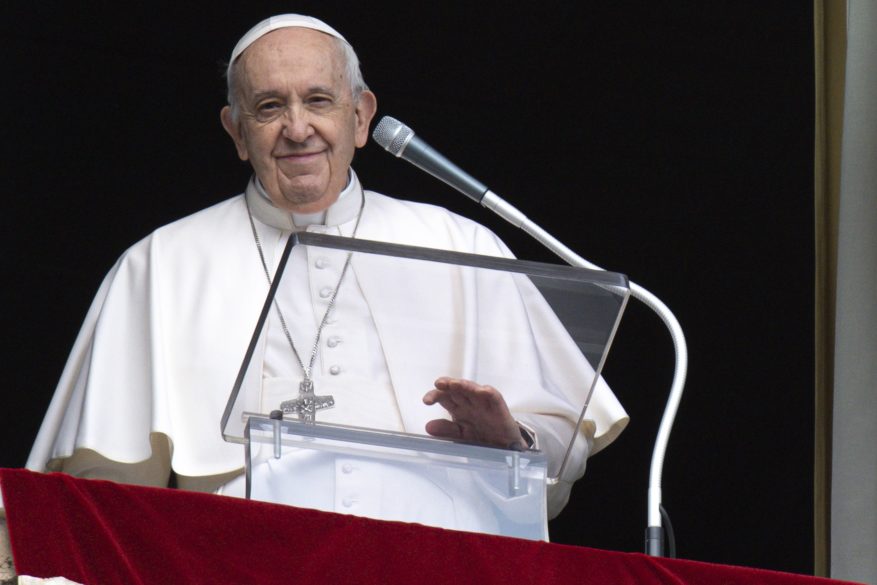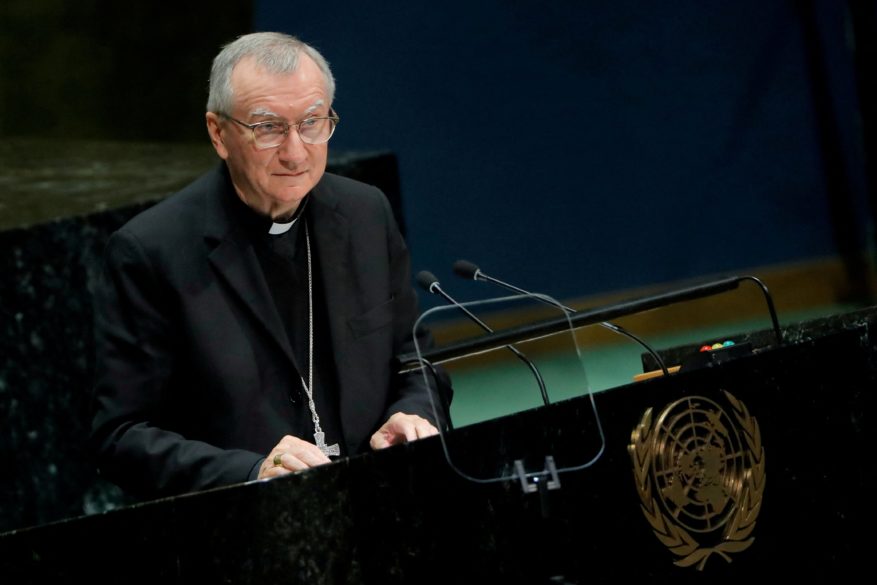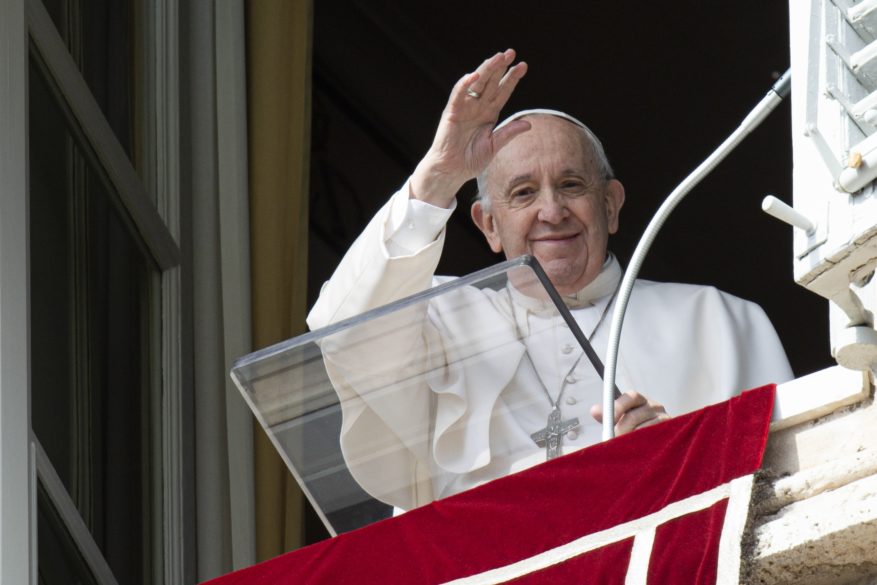Por Carol Glatz
CIUDAD DEL VATICANO (CNS) – La gente tiene grandes expectativas de que los sacerdotes sean buenos guías espirituales y morales, que sean activos para ayudar a la comunidad y las familias, y que sean alguien a quien los jóvenes puedan admirar, expresó el papa Francisco a los obispos y sacerdotes de Sicilia.
“Ser solidarios, cercanos, así estamos llamados a vivir; por la fidelidad de Dios, por su amor, estamos ahí para los demás hasta el final, hasta las últimas consecuencias”, que llevan a “la justicia, la reconciliación, la honestidad, y el perdón”, señaló.
“Cercanía, compasión, y ternura: este es el estilo de Dios, y también es el estilo de un sacerdote”, dijo el papa durante una audiencia en el Vaticano con sacerdotes y obispos de la isla italiana de Sicilia el 9 de junio.
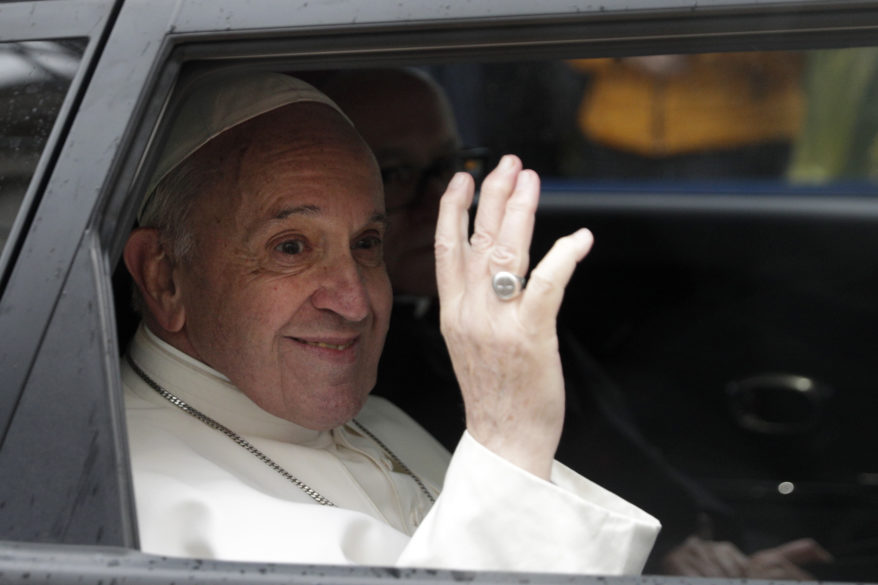
Esta audiencia fue parte de las conmemoraciones de la patrona de la isla, Nuestra Señora del Camino, cuya festividad es el martes después de Pentecostés, así como de la vida de sus compatriotas, los beatos Pino Puglisi y Rosario Livatino, dos denominados “mártires de la mafia”.
El padre Puglisi, el sacerdote antimafia más abierto de Palermo, fue asesinado en 1993, y Livatino, un juez antimafia, fue asesinado por sicarios de la mafia en 1990, cuando tenía 37 años.
Durante la audiencia, el Santo Padre sacó a la luz algunos temas que “me preocupan bastante”, particularmente con respecto a si los sacerdotes y obispos de Sicilia estaban implementando las reformas litúrgicas del Concilio Vaticano II.
La piedad popular necesita ser protegida, pero también informada y guiada para que esté libre de todo “gesto supersticioso”, acotó.
La liturgia también necesita atención, comenzando con la homilía, que debe durar menos de ocho minutos y dejar a las personas con “un pensamiento, un sentimiento, y una imagen” que permanecerán con ellos “toda la semana”, indicó. Pidió a los sacerdotes que consideraran si “predican de tal manera que la gente sale a fumar un cigarro y luego vuelve” porque la homilía habla “de todo y de nada”.
Las vestiduras litúrgicas son otro problema, dijo, en particular la abundancia de encajes y birretas.
“¿Dónde estamos? ¡Sesenta años después del concilio! Se necesita alguna actualización incluso en el arte litúrgico, en la ‘moda’ litúrgica”, dijo. “Sí, a veces usando algunos de los encajes de la abuela, pero solo a veces”.
“Es lindo rendir homenaje a la abuela, pero es mejor celebrar a la madre, a la santa madre iglesia y de la forma en que la madre iglesia quiere ser celebrada”, manifestó.
No dejen que “la insularidad impida la verdadera reforma litúrgica que el concilio propuso” y no sean pasivos, dijo a su audiencia.
El papa Francisco destacó la extraordinaria belleza, cultura, e historia de la isla, así como su extrema insularidad y contradicciones, lo que hace que “seamos testigos en Sicilia de comportamientos y gestos marcados por grandes virtudes y también por la crueldad”.
“No es casualidad que se haya derramado tanta sangre a manos de los violentos”, dijo, pero tampoco es casualidad que haya casos de “resistencia humilde y heroica de los santos y los justos, servidores de la iglesia y del estado”.
Los numerosos desafíos en Sicilia requieren la ayuda de todos, pero los sacerdotes y obispos están especialmente llamados a ofrecer su “servicio completo, total, y exclusivo”, expresó el Sumo Pontífice. La iglesia también enfrenta sus propios desafíos, como la disminución de vocaciones y el creciente desapego de jóvenes de la iglesia, agregó.
“A los jóvenes les cuesta ver las parroquias y los movimientos eclesiales como una ayuda en su búsqueda del sentido de la vida, y no siempre ven en ellos un claro desprendimiento de viejas formas de actuar, erróneas e incluso inmorales, para emprender con decisión el camino de la justicia y la honestidad”, dijo.
El papa agregó que estaba “triste” después de haber recibido “unos expedientes” enviados a las oficinas del Vaticano, que requerían “algún juicio sobre sacerdotes y gente de la iglesia. ¿Pero por qué? ¿Por qué se fue por este camino de injusticia y deshonestidad?” preguntó sin dar más detalles.
El papa Francisco elogió a los numerosos sacerdotes y laicos que se han dedicado plenamente a los demás, siendo fieles a Cristo y al pueblo. “¿Cómo ignorar el trabajo silencioso, tenaz, y amoroso de tantos sacerdotes en medio de personas desanimadas o desempleadas, en medio de niños o ancianos cada vez más solos?”
Los sacerdotes que son buenos y cercanos a su gente son importantes, dijo, “porque en Sicilia, la gente todavía ven a los sacerdotes como guías espirituales y morales, personas que también pueden ayudar a mejorar la vida civil y social en la isla, apoyar a las familias, y ser un punto de referencia para los jóvenes en crecimiento”.
“Los sicilianos tienen altas y exigentes expectativas de los sacerdotes”, dijo, instándolos a no quedarse atrapados “en medio del camino”.
“Ante la conciencia de nuestras debilidades, sabemos que la voluntad de Cristo nos sitúa en el centro de este desafío. La clave de todo está en su llamada, en la que nos apoyamos para embarcarnos al mar y volver a echar las redes”, indicó el papa. Recordándoles el pasaje de Deuteronomio (4:7), que pregunta: “¿Qué nación grande hay que tenga dioses tan cercanos a ella como el Señor, nuestro Dios, a nosotros?”, el papa dijo que su ministerio debe ser uno de “cercanía, que es compasiva, perdona todo, es tierna. Abraza, acaricia”.

